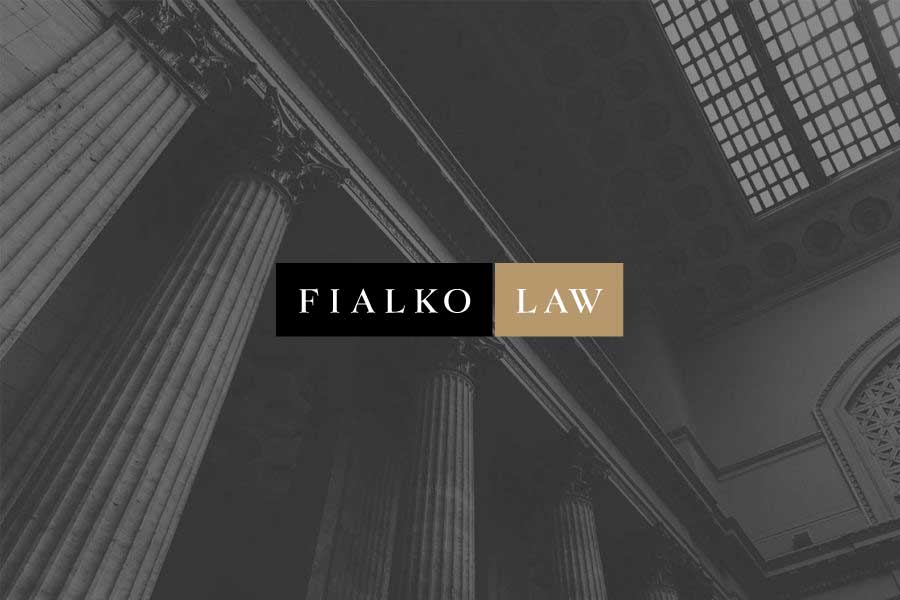Since I wrote this, the US Sentencing Commission came out with a long report criticizing mandatory minimums. See this link for more details.
I told my client’s wife not to bring the kids to court. She didn’t listen. My client – let’s call him Irving – is a welder. He came to North Carolina in 2000, and for eight years worked five or six days a week at the same job, welding custom-shaped industrial piping. He is a skilled dude. I got a letter from his boss, who called Irving “an exemplary employee.†He got married, moved into a clean double-wide trailer, and began a family. Two daughters and a son. He filed and paid taxes every year. When the Great Recession hit, Irving was among the last to be laid off. He spent 2009 and 2010 welding here or there in temp jobs. One night in April 2011 detectives worked with an informant to set up a cocaine deal. The police were staking out the suspect’s house, when Irving showed up driving his beat-up 12 year-old car. The suspect got into the car. The cops stopped the car. Two hundred fifty-two grams of cocaine were found in the car – exactly 9 ounces, a common amount for a cocaine transaction.
Irving was charged under North Carolina law with three counts of Trafficking between 200 – 400 grams of cocaine. (Why three? The statutes allow the State to parse the same dope into three supposedly separate crimes: Trafficking (1) by possession; (2) by transportation; and (3) in conspiracy.) The Tar Heel state sticks each of these crimes with a mandatory sentence of 70 – 84 months imprisonment. See N.C.G.S. 90-95(h)(3). No parole. If convicted, the Judge has no discretion to mitigate the sentence. 70 – 84 months, period. I thought we had a chance to win a trial. I studied the discovery – the police reports indicated no one had any idea Irving was involved in the transaction until he showed up. But there were two big problems. At the moment the cops found the dope in the car, Irving tried to run. And Irving is an undocumented alien from Mexico.
The prosecutor offered this plea deal: one sentence of 70 – 84 months, or else the State would pursue boxcars – three consecutive 70 – 84 months, i.e. 210 to 252 months imprisonment. (17.5 to 21 years) I filed a motion to disclose the identity of the informant, hoping it might shake the prosecutor to offer a lesser plea (to Level I trafficking, 35 – 42 months). But the prosecutor was willing to burn the informant. I filed a motion to suppress, arguing the supposed basis for the stop – following another car too closely – did not justify the scope of the stop and search of the car. In the end, my client decided he could not risk a trial. He took the plea.
At the sentencing hearing, I explained to the Judge how Irving was a hard-working family man, with three young children who were U.S. citizens. How he had been married for 10 years. How he had made one mistake, and was going to be deported at the end of his sentence anyway. I showed the Judge the letter from his boss, his paycheck stubs, his tax returns. I did all this even though everyone knew the Judge had no discretion. 70 – 84 months. Mandatory minimums make no sense. We know that now. They’ve been around for 17 years, and the number of drug cases has not decreased. The price of cocaine has not gone up. The price of incarcerating men like Irving, a first offender whose personal history indicates he likely won’t re-offend, is too high.
Irving’s three year-old son watched through the glass door of the courtroom. Watched the bailiffs handcuff his dad, and take him out the back door to the jail. When I walked into the hallway with Irving’s wife, the boy asked: “Is papa coming home now?†When his mom did not speak, the boy began to wail.

